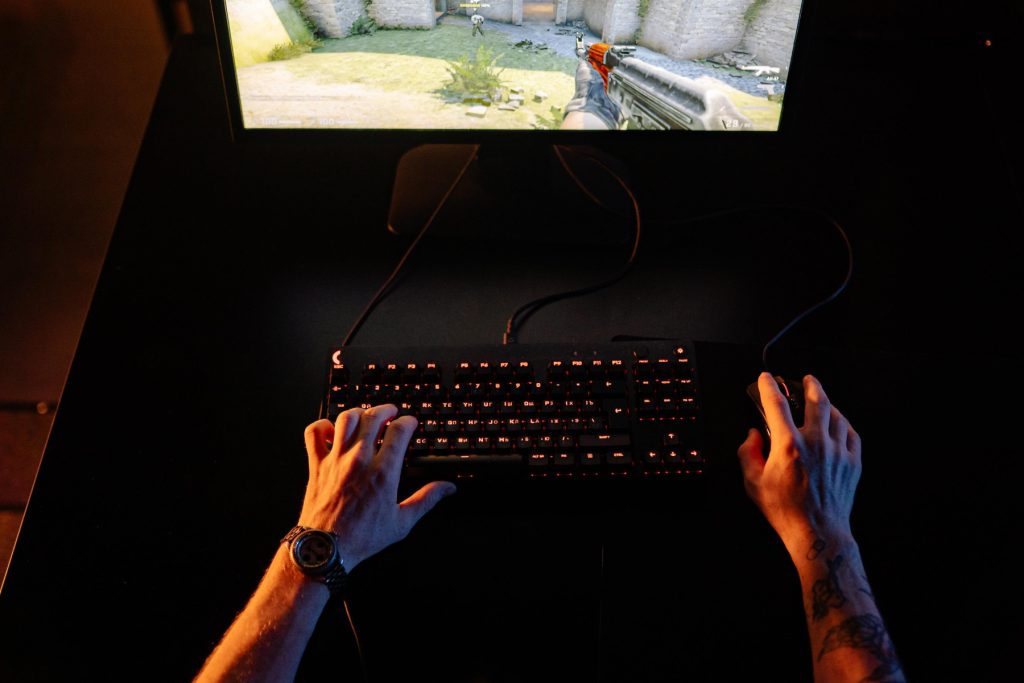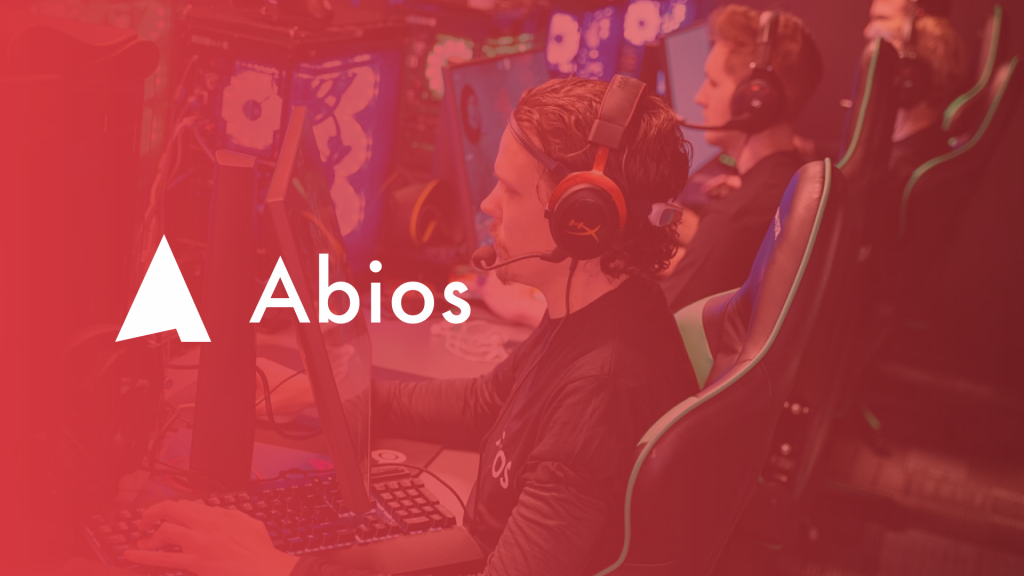[ad_1]
To understand esports betting, it’s essential to understand the culture and history that has shaped the community we see today.
Esports data and odds provider Abios writes for Esports Insider to shed light on the culture of betting in CS:GO, and how the products of today can leverage the learnings of the past to create a better offering in touch with the audience.

Counter-Strike: Global Offensive and its community have shaped large parts of the thriving esports community we see today. Being one of the oldest and largest esports titles, it has grown from being featured at small-scale, grassroots tournaments to being a behemoth selling out large arenas in France, Germany and Brazil.
The game itself is easy to learn, but incredibly difficult to master. Its premise is that one team defends a site while the other tries to attack it and plant a bomb. With it, CS:GO delivers a competitive experience that forces players to hone their skills to perfection, learning aim patterns and lineups, to compete at the highest levels.
While it has grown to become a successful esports with fans all over the world, the game has a turbulent history. From skin betting and underage gambling to match-fixing and cheating scandals, the community has been shaken to its core many times over.
Skins and their role in CS:GO
After the official release of Counter-Strike: Global Offensive in August 2012, one of the first post-release updates was called ‘Arms Deal’. It featured ‘skins’, a customisation option for in-game weapons. Weapon skins quickly became a popular way for players to express themselves, with one important caveat: they were very hard to acquire.
Players either had to play to earn skins through random drops or buy cases where there was a chance to obtain one. The skins came in various levels of rarity. Many skins were only created in small, finite batches, comparable to NFTs today, making them extremely hard to acquire.
Some were incredibly scarce, which increased their price to a point comparable to rare pieces of art. It led players to collect them as status symbols, much like a Rolex watch in the real world. This quickly gave way to a third-party market, where players could buy, trade — and gamble — skins for real money.

The grey area of skin gambling
Skin gambling became increasingly popular and peaked between 2014 and 2016. Players put skins or real money on skin betting sites in exchange for the chance of rolling a rare skin. It was popularised by various streamers, such as Mohamed “Moe” Assad, who partnered with skin betting sites to expand their reach.
With some skins being worth thousands of dollars, it might not be a surprise that the market boomed. Before Valve Corporation’s announcement to crack down on skin betting sites, research firm Narus Advisors’ projected that $7.4bn (~£6.7bn) would be wagered worldwide in 2016.
Nevertheless, skin betting was a legal grey area in many countries due to a complete lack of regulatory oversight, increasing the risk for underage gambling. There were also several scandals and controversies featuring the marketing of skin betting where various streamers showcased betting with rigged matches, making it look like it was easier to win than it actually was. It led Valve Corporation, the creator of CS:GO, to take action in 2016, sending out several cease and desist letters to sites demanding them to seize their operations.
While some skin betting sites are in operation to this day, the skin betting market seems to largely have been replaced by a regulated betting market, where many sportsbooks have added CS:GO to their offering.
CS:GO esports and fan behaviour
On Twitch, fans who watch video game content can either watch esports, or content creators. In Q2 2022, 55% of CS:GO’s live stream hours watched were spent on esports — while roughly only a quarter of VALORANT and League of Legends hours were esports-related, according to Stream Hatchet. This speaks to how engaged CS:GO fans are in the esports scene, and how far it has come in terms of quality and scale.
Niclas Sundell, Abios’ Head of Sales is a former professional CS:GO player who has played the game for ten years, and has a strong knowledge of the Counter-Strike ecosystem. He commented on its development: “It’s important to understand that CS:GO has been around for a long time. Fans who were around during Counter-Strike: Source and 1.6 might well be upwards of 30-40 years old today, but still watch competitive matches on a regular basis.”
“This means that they might not have the time to play themselves or have the ambition to become better at the game, but rather tune in to watch NIP or NAVI play. A 35-year-old might very well use a Friday night to watch a match of CS:GO, place a bet and grab a beer.
We’ve come to a point where esports can be compared to football. Not just as an activity for young boys but as a true spectator sport.”
Implications for the regulated betting industry
While regulated sportsbooks might have had their prejudices towards esports in the past, waving it off as a pastime for young boys, the sheer size of the skin betting market highlighted one important thing: the CS:GO community enjoys gambling.
Moreover, 30% of esports fans are between 25-34 years old, which means that there’s a large audience of legal gambling age. Thus, the question might not be if esports fans are mature enough to gamble, but rather how licensed sportsbooks in regulated markets can make it as enticing as possible for the audience.
The skin betting market offered a fast and simple, yet entertaining form of gambling. For sportsbooks to reach the same type of experience and bring fans in on the action from esports matches, it can be beneficial to add similar types of markets. It can range from fast markets allowing bettors to bet on the next player getting a kill or the team winning the next round, to bet builders where bettors can construct their own market.
[ad_2]


